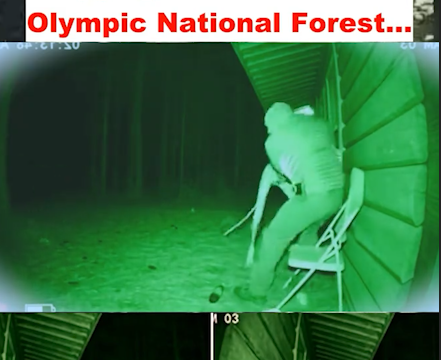Mouth cancer, also called oral cancer, is a serious disease that develops in different areas of the mouth, including the lips, tongue, gums, inner cheeks, and the floor of the mouth. It is a condition that often goes undetected in the early stages because its initial symptoms may appear mild or easily mistaken for everyday oral problems such as ulcers, irritation, or gum disease.

This makes it extremely dangerous because by the time many people realize something is wrong, the cancer has already progressed. That is why awareness, vigilance, and regular dental checkups play such an important role in catching this illness before it becomes advanced. Smoking, chewing tobacco, and drinking alcohol are among the most common risk factors for mouth cancer, and people who regularly engage in these habits are at a significantly higher risk than those who don’t. If you fall into this group, you should be extra cautious and get your mouth examined frequently. Experts strongly recommend visiting your dentist at least twice a year not only for routine cleanings but also for professional screenings that can detect unusual changes in the mouth. Dentists are often the first to notice signs of oral cancer because they examine areas of the mouth that people may not regularly check themselves. One of the earliest warning signs of oral cancer is the presence of persistent mouth sores that do not heal within two weeks.
Unlike common canker sores, which usually disappear on their own, cancer-related sores linger, sometimes becoming more painful or enlarging over time. Another symptom to watch for is the development of lumps, unusual growths, or thickened patches of skin or tissue inside the mouth. These areas can feel rough or irregular when touched and may stand out as different from the surrounding tissue. Difficulty chewing, swallowing, or even moving the tongue or jaw can also signal oral cancer. Tumors can interfere with the natural movement of these muscles, making everyday activities such as eating, drinking, or speaking uncomfortable or even painful.
Some people may also experience numbness, tingling, or unexplained pain in the mouth or jaw. While it may be tempting to ignore these sensations, they are strong signals that something is not right and need to be addressed by a healthcare professional. Another alarming symptom is unexplained bleeding in the mouth. This may occur without any visible injury and should never be dismissed as minor. Bleeding can sometimes point to cancerous changes in the tissue, and seeking medical evaluation immediately is essential. Bad breath that doesn’t improve with brushing, loose teeth without a clear cause, or sudden changes in voice may also accompany oral cancer, further highlighting the importance of not ignoring subtle shifts in oral health. Specialists like Dr. Sajjan Rajpurohit emphasize that early diagnosis of oral cancer can save lives.
When the disease is caught early, treatment options are much more effective, less invasive, and offer a higher chance of full recovery. On the other hand, late-stage diagnosis often means more aggressive treatments such as surgery, radiation therapy, or chemotherapy, along with longer recovery times and a higher risk of complications. The good news is that oral cancer is treatable, and survival rates improve significantly with early intervention. Lifestyle choices also play a role in both prevention and recovery. Quitting smoking and reducing alcohol intake can dramatically lower the risk of developing oral cancer. Maintaining a healthy diet rich in fruits and vegetables provides antioxidants that support the body in fighting off cellular damage.
Regular dental visits, self-examinations, and paying attention to changes inside the mouth all add up to better protection. Education and awareness are powerful tools in reducing the impact of oral cancer. Many people ignore the early warning signs because they assume that small sores or discomfort will resolve on their own. Unfortunately, this delay in seeking help allows the cancer more time to spread and become harder to treat. That is why it is so important to spread the message: do not ignore persistent sores, lumps, numbness, or unexplained bleeding.
If you notice any of these symptoms, see a mouth cancer specialist immediately. Your health depends on recognizing these signals and acting quickly. Mouth cancer may start quietly, but it has the potential to become life-threatening if overlooked. By staying vigilant, seeking regular dental care, and consulting a specialist at the first sign of trouble, you give yourself the best possible chance at early detection and effective treatment. What seems like a small problem today could be your body’s way of warning you about something serious, so listen closely and act without delay.





